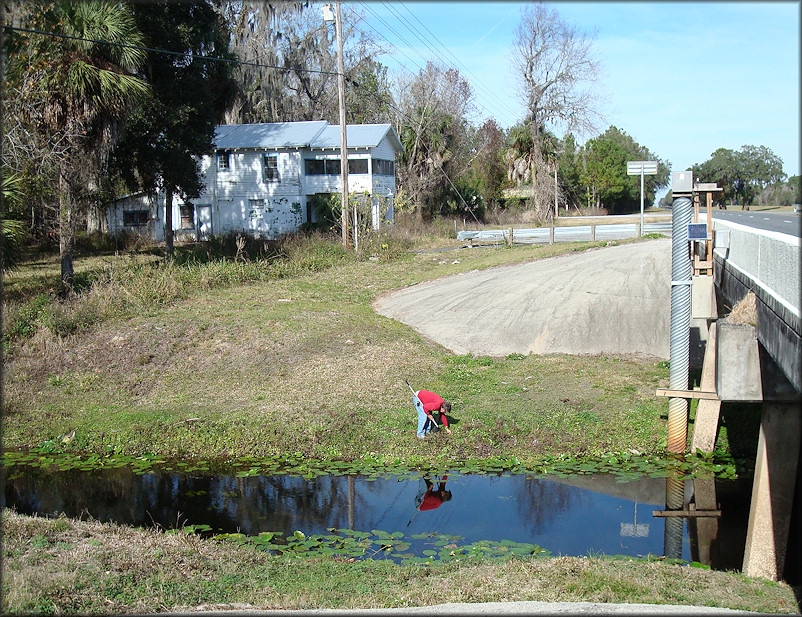Habitat
The genus of the gulf hammock liptooth,
Daedalochila, is found in eastern North America. However, the
range of the gulf hammock liptooth is very small compared to
that of its genus. Daedalochila delecta is native to northern
and central Florida, and found only 10 counties that have thus
far been recorded: Wakulla, Jefferson, Madison, Taylor, Dixie,
Gilchrist Levy, Alachua, Putnam, Hernando, and Sumter. The map
of Florida shown (with color coding) below depicts these
counties. The map is based on material in the Harry G. Lee collection
and augmented by records in the collection database of the
Florida Museum of Natural History in Gainesville, along with
those originally reported by Hubricht in 1985.*

Florida’s climate is perfect for Daedalochila delecta’s
likings. It is hot and sunny, yet rainy and humid, and the
snails prefer a moist habitat. To prevent from drying out from
the harsh Florida sun, they can be found on the underside of
damp vegetation, shallowly buried in soil near freshwater ponds
or rivers, or in shallow puddles on wet roadsides
(Baker, 1939). They have
also been reported to be found in and/or near hammocks because
of the shade from the trees that hammocks usually provide, which is where they gain their common name
from. All populations of Daedalochila delecta make significant
seasonal migrations and/or local movements at
particular times of the year to breeding or wintering grounds or
to hibernation sites
(Baker,1939).
